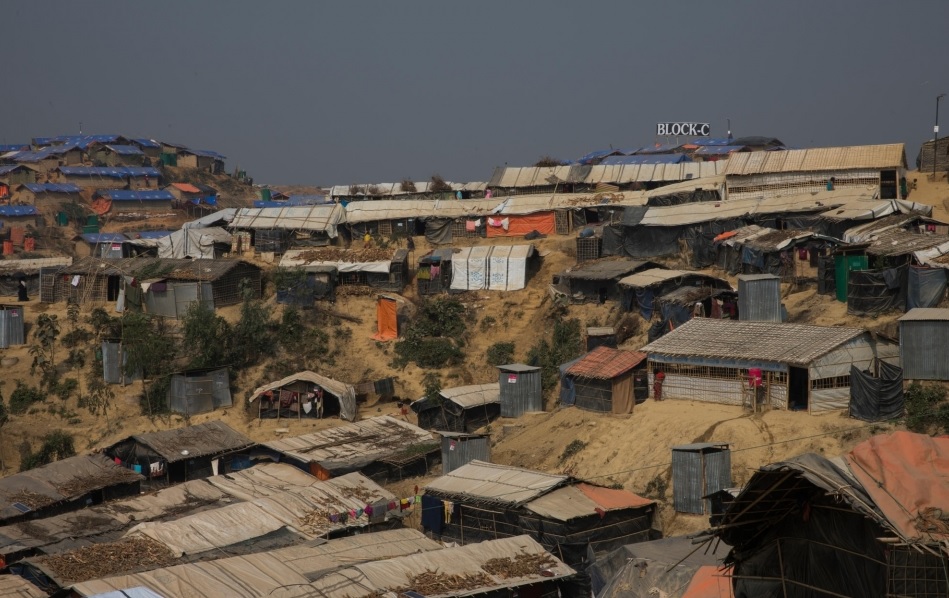News & Updates
Médecins Sans Frontières open new hospital in Cox’s Bazar as health concerns grow for monsoon season
17 April 2018

The hospital, ran by Médecins Sans Frontières, opens as the camp is preparing for its annual monsoon season which has caused significant concern among humanitarian organisations.
Monsoon season will increase the risk of flooding and landslides in the region, in addition to raising concerns over healthcare.
For example, there is concern over an outbreak of cholera and the effect this will have on maternal and child health care provision.
Francesco Segoni, MSF’s emergency coordinator in Cox’s Bazar noted:
“With the flooding and accumulation of stagnant water, water- and mosquito-borne diseases are all the more likely to spread because of the refugees’ severely overcrowded living conditions and very poor sanitation”
The World Health Organisation previously highlighted that “no single agency can meet the massive health needs” of the 1.3 million Rohingya refugees.
Last month the UK’s Department for International Development (DFID) stepped up their efforts to protect the community during the monsoon season.
The new hospital has been named ‘The hospital on the hill’ due to its position in the camp. Its high location will help protect it from flooding and landslides.
Similarly, the temporary hospital is a semi-permanent metallic structure built on a concrete slab to protect from the monsoon.
The hospital’s construction lasted just 2 months as the urgency of the situation was evident. It has a capacity of 100 and is designed to respond to emergencies.
The hospital is comprised of an emergency room, an intensive care unit, a medical analysis laboratory, inpatient departments for adults and children, a maternity department with a neonatal unit, an isolation unit for patients with infectious diseases and an intensive therapeutic feeding centre for severely malnourished children.
Although levels of child malnourishment in the camp are low at the moment, this is expected to rise during the monsoon season.
The hospital’s team will be able to treat common health problems in the camp (such as respiratory infection and diarrhoea) and emergencies (such as sexual assault and trauma injuries).
The hospital will act as a stabilising centre for patients in need of surgery before transferring them to a larger hospital.
Francesco Segoni, MSF’s emergency coordinator in Cox’s Bazar commented:
“We can also treat chronic diseases such as diabetes, hypertension, chronic obstructive pulmonary disease and asthma, which is the leading cause of death among adults,”
“It’s important for patients with chronic diseases to have access to specialist healthcare and can be admitted to hospital when they need it.”
If you’d like to stay informed on the latest updates in aid and development, please sign up for the AIDF newsletter.
Photo credit: Anna Surinyach